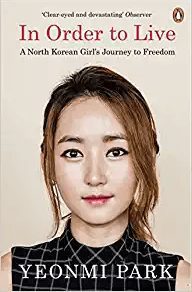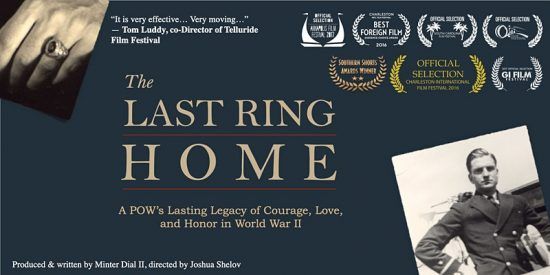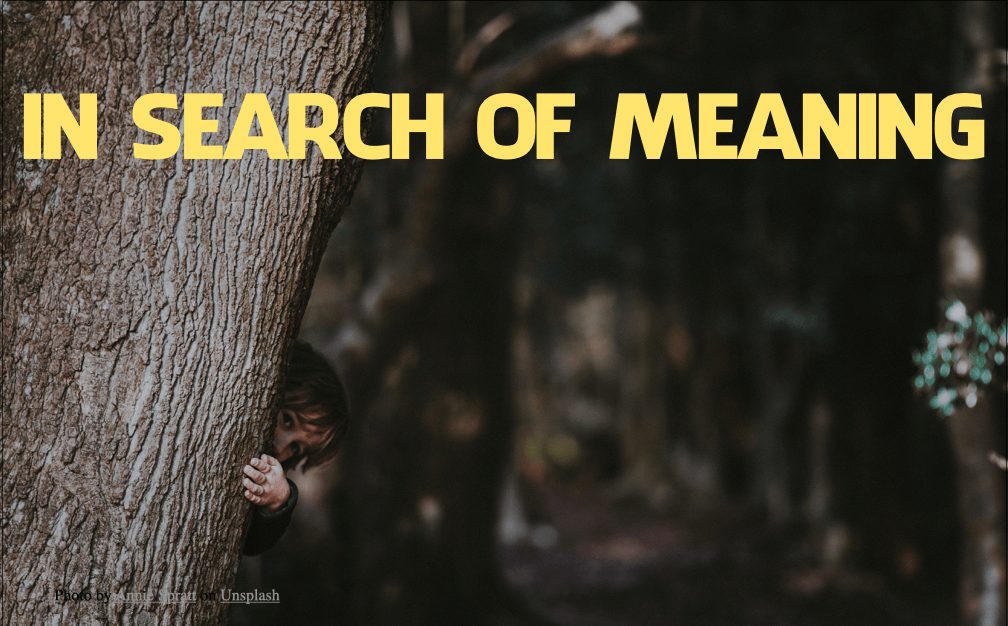From Viktor Frankl to Jordan Peterson, passing through Monty Python, Alain de Botton and Brian Greene, the ‘modern’ human being has always been in search of meaning. It may well be the essence of la condition humaine. Today, I feel that the world has never been more in search of meaning. There’s a hole that needs to be filled. Referring to the term coined by Frankl, “logotherapy,” there’s a certain irony in today’s chase of branded logos through “retail therapy.” That’s truly a blinkered 1st world solution to a legitimate problem. But, whether it’s in the workplace, in society more broadly or at the individual level, most saliently, we could do with more meaningfulness.
In Search of Meaning – Whether it's in the workplace, in society more broadly and at the individual level, more saliently, we could do with more #meaningfulness. Share on X
In listening to a recent interview of the North Korean defector, Yeonmi Park, she described her tortuous journey first as a subject of the all-fearful State, with unthinkable deprivation and scenes that Orwell presciently depicted all too clearly. Then she suffered as a sex slave at the hands of the Chinese, before finally gaining her freedom thanks to some courageous individuals. Her resilience is remarkable. When she speaks, you can hear both her pain and courage. With echos from Frankl’s powerful book, Man’s Search for Meaning, Park talks of hope despite the sheer misery in her life experience. Her best-selling book, In Order To Live, is as harrowing as it gets. Its very success speaks to how people are seeking more meaning. Powerfully, she refuses to be the victim of her experience and goes so far as to be grateful for being born North Korean.
Displacement of meaning
My observation, these days, is that many people have latched on to a need for meaning, but that they are displacing themselves to attach meaning to certain external events and currents, in lieu of working on themselves. In other words, they are co-opting and attributing meaning to their lives that comes from without. In this displacement, there is an evident existential crisis, whereby individuals who feel empty are attempting to fill that vacuum, wishing to create a sense of fulfilment and to insert meaningfulness. Without suggesting that we must all suffer as Frankl or Park did, the key point is that by replacing a deeper work on ourselves with external factors and ideas, we risk losing our true roots — and by extension ourselves. What’s needed, at an individual level, is that we first do the hard work by unearthing who we are. This is the thread that Simon Sinek’s work has tapped into: understanding our why. As told in the film, The Wisdom Trauma, by Dr. Gabor Maté, “Every human being has a true, genuine authentic self. And the trauma is that disconnection from it. And the healing is the reconnection with it.” Our disconnection comes from the fact that, sometimes, it’s too painful to be ourselves and/or we don’t like what we find. Maté calls it disconnection. I view it as displacement. Either way, it’s an unhealthy equation.
Here is the fundamental question we should all be asking ourselves:
What is our precise and personal North that makes us unique and drives all our significant decisions?
In answering that question, the path becomes clearer. The complexity of life, the angst of decision-making and the allocation of our rarest resources (such as time) becomes simpler. When you know your North, you know why you exist. And when you are on track with your North, even when you are doing things that require heavy investments of passion, money and time, you get energy back from doing what you are doing. That’s because you know why are doing those activities. Moreover, if/when you join a cause, you do so because it is the cause that you need to belong to. Among all the causes out there, it becomes self-evident which is the one that counts most in the construction of your life.
The depths of pain

In the work I did to put together my documentary film and book, The Last Ring Home, I talked with well over 100 people who had fought in or lived through World War II, many of whom had been prisoners of the Japanese. Forty-two percent of the POWs of the Japanese in the Philippines were killed as prisoners. Just as Yeonmi Park wrote in her book, some prisoners were so starved that they would do anything for a bowl of rice. These men suffered deeply. Many lost even their sense of dignity. Their experience certainly puts perspective on what is real trauma. I can say that hearing their stories has absolutely helped me to relativize things in my life. Moreover, it occurs to me that it is the people who experience significant pain or trauma — including near-death experiences — that know better what is truly important in life.
Gaining perspective for greater lucidity
As we mull over what is genuine hardship, I strongly feel that our hardest work is to learn more about — and lean into — our deepest self, to embrace our imperfections and our darker side; and, in the process, become more fulfilled and better human beings. Rather than displacing ourselves by latching onto a ‘trendy’ theme or cause, we should focus on making our own North more precise, tangible and rooted with our most deeply held values. By gaining a better understanding of oneself, one will be better able to recognize and register one’s own feelings and be more grounded in listening to what others are thinking, feeling and saying (in other words, being more empathic). By gaining perspective, we get greater lucidity. By having that self-awareness, we’re likely to become more complete human beings, replete with meaning.
Brand(ed) Meaningfulness
I’d add that the same thing needs to happen at the brand/company level, where each business needs to establish its unique purpose, with core values that are specific and align with the purpose. By doing so, brands will not only find a path to stand out (from the competition), they will attract the right type of talent, with the mindset and appropriate values.
The question is: what are you doing at work that provides profound meaning? How is the work you do resonating with your inner chords? Is what you are doing at work and in your time on this Earth in line with your North?
In You Lead, How Being Yourself Makes You A Better Leader (by Kogan Page), I discuss how to find your North with a most practical exercise. There is no shortcut though. It requires awareness, integrity and work.











